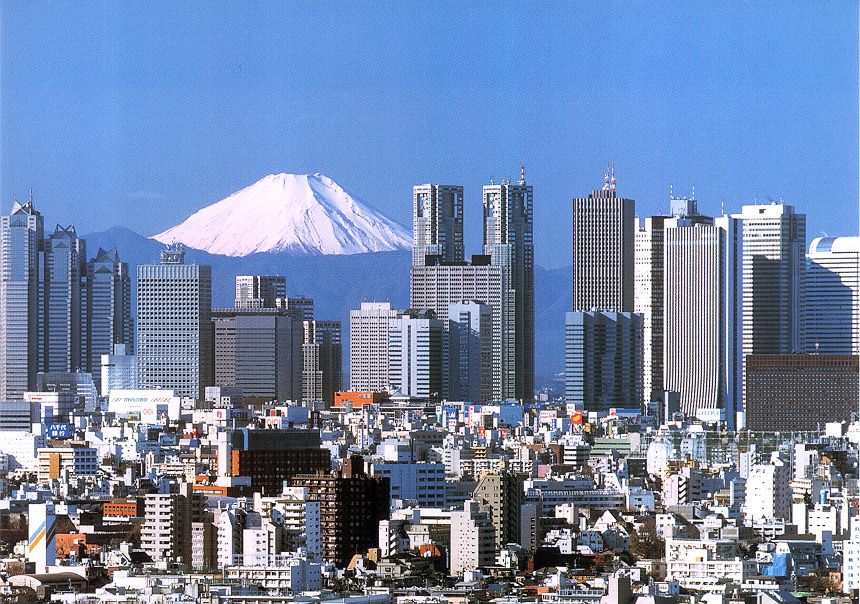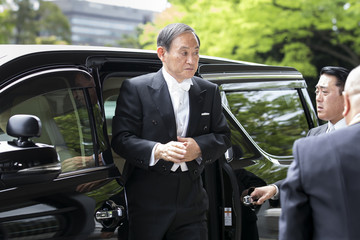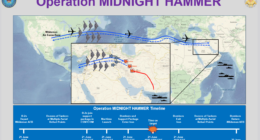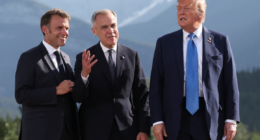The Japanese government has informed its counterparts across the Sea of Japan in South Korea that it will be “impossible” for Prime Minister Suga to visit the Korean peninsula for talks on wartime labour disputes if “proper measures” were not taken by Seoul address Tokyo’s concerns.
The now annual trilateral summit between Japan, China, and South Korea had been scheduled to take place in South Korea, and on the sidelines serves as an important opportunity for the three nations to discuss a range of other regional issues.
Japanese concerns over the talks going ahead were given to the South Korean government in late September it was revealed this week, and at present only look like adding to increasingly sour ties between the two East Asian economic giants.

Recent governments in South Korea have persistently harangued Japan for increasing levels of compensation for Tokyo’s 1910 – 1945 period of colonial rule over the peninsula.
This this was most recently brought to a head when a court in South Korea ordered a prominent Japanese steel company to pay for forced labour over this period.
Assets of the company in question were seized by South Korean authorities and no assurance that they would not be sold off has been given to Japan ahead of talks.
Tokyo however, points to a 1965 bilateral agreement which saw South Korea provided with financial aid with the understanding the compensation issue was settled “completely and finally.”
At the time Japan provided the South Korean government with a US$300 million grant in economic aid in addition to US$200 million in loans, and a further US$300 million in loans for private trust as “economic cooperation”.
The 1965 Treaty, Article II, subsequently signed by both nations reads:
1. The High Contracting Parties confirm that the problems concerning property, rights, and interests of the two High Contracting Parties and their peoples (including juridical persons) and the claims between the High Contracting Parties and between their peoples, including those stipulated in Article IV(a) of the Peace Treaty with Japan signed at the city of San Francisco on September 8, 1951, have been settled completely and finally.
Neither the grants, or loans were ever used to compensate South Korean citizens by the government of the day or subsequent governments in Seoul.










Comments are closed.